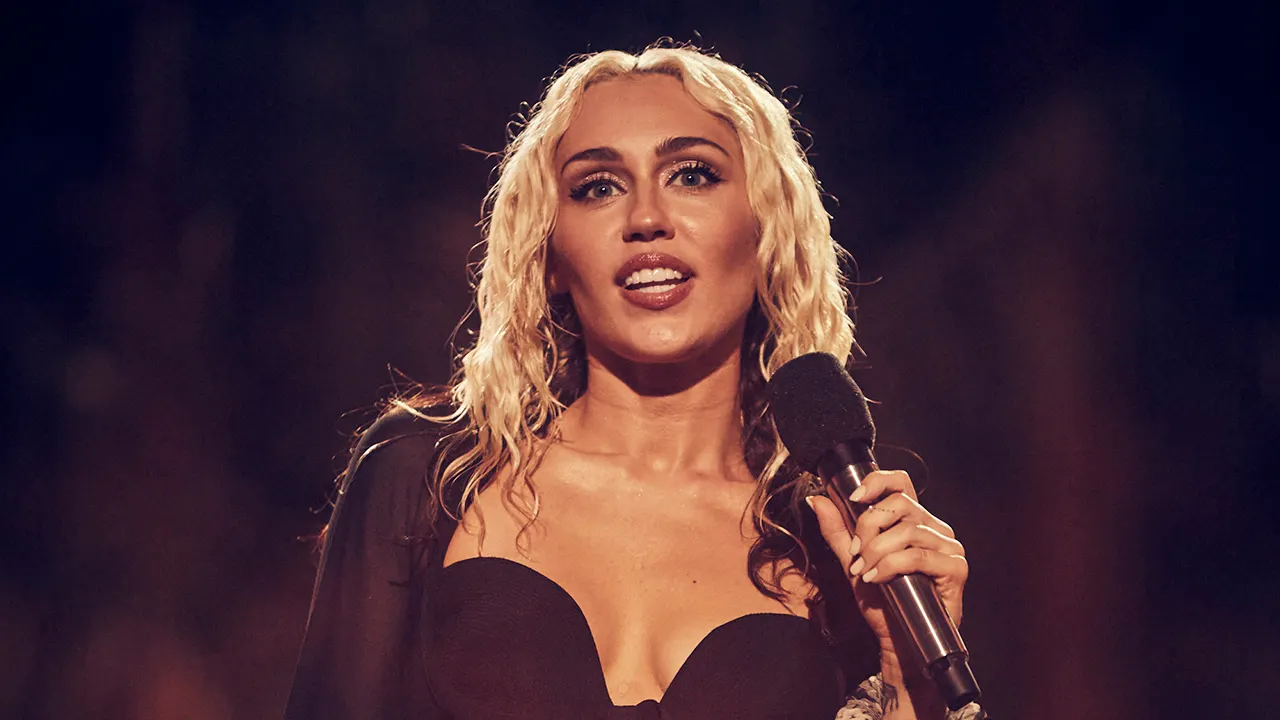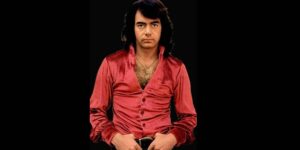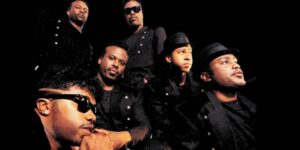In the music industry, a “second-generation singer” refers to artists who have followed in the footsteps of their famous parents or relatives, carving their own paths while often facing both the privileges and pressures of their family legacy. While many have found immense success, the debate surrounding who reigns supreme as the top second-generation singer remains highly contested. In this article, we delve into the achievements, influence, and artistry of the top 10 second-generation singers, exploring their contributions and the challenges of living up to their famous names.
1. Norah Jones (Daughter of Ravi Shankar)
The daughter of legendary Indian sitar virtuoso Ravi Shankar, Norah Jones became a household name in the early 2000s with her debut album Come Away with Me, which won five Grammy Awards. Known for her soothing voice and her blend of jazz, pop, and folk, Jones created a sound distinctly her own, far removed from her father’s classical Indian music roots. Her success is a testament to her talent, making her one of the most celebrated second-generation singers.
2. Miley Cyrus (Daughter of Billy Ray Cyrus)
Miley Cyrus, daughter of country star Billy Ray Cyrus, has experienced one of the most diverse careers in modern music. Rising to fame on Disney Channel’s Hannah Montana, Miley transitioned from tween pop idol to a bold, provocative pop star. Her 2013 album Bangerz demonstrated her willingness to experiment with genres, producing hits like “Wrecking Ball” and “We Can’t Stop.” While critics have sometimes questioned her style choices, Miley’s undeniable vocal prowess and ability to adapt make her a dominant force in the industry.
3. Jakob Dylan (Son of Bob Dylan)
Living in the shadow of Bob Dylan, one of the most iconic singer-songwriters of all time, could be a daunting task. However, Jakob Dylan has managed to create his own legacy as the frontman of The Wallflowers, a band that gained critical acclaim in the 1990s with hits like “One Headlight” and “6th Avenue Heartache.” While his father’s influence is undeniable, Jakob’s introspective songwriting and rock sensibility stand apart, solidifying him as one of the top second-generation artists.
4. Enrique Iglesias (Son of Julio Iglesias)
Latin pop superstar Enrique Iglesias is the son of legendary Spanish singer Julio Iglesias, yet he has surpassed his father in terms of international popularity. Enrique’s career took off in the late 1990s, and he is credited with helping to globalize Latin pop, with hits such as “Bailamos,” “Hero,” and “Tonight (I’m Lovin’ You).” His smooth vocals and charisma have made him one of the most successful crossover artists of all time, proving that second-generation talent can evolve into superstardom on a global scale.
5. Nancy Sinatra (Daughter of Frank Sinatra)
The daughter of the incomparable Frank Sinatra, Nancy Sinatra emerged in the 1960s with hits like “These Boots Are Made for Walkin’” and “Bang Bang (My Baby Shot Me Down).” Nancy’s sultry voice and strong, independent image resonated during the counterculture movement of the time, making her one of the most recognizable female artists of her era. Despite her father’s looming presence in the industry, Nancy built a career that wasn’t just an extension of his legacy, but one that stood strong on its own merits.
6. Rosanne Cash (Daughter of Johnny Cash)
As the eldest daughter of Johnny Cash, Rosanne Cash has upheld the family’s tradition of storytelling through music. While her father was known for his gritty, deep voice and outlaw country persona, Rosanne’s work is more introspective, blending country with Americana and folk. Her 1981 album Seven Year Ache catapulted her to country stardom, and her later works, like The River & the Thread (2014), showcase her continuing evolution as a thoughtful, poetic songwriter.
7. Sean Lennon (Son of John Lennon and Yoko Ono)
Being the son of John Lennon and Yoko Ono comes with enormous expectations. Sean Lennon has taken a more eclectic and experimental approach to his music, often blending rock, psychedelia, and avant-garde styles. His solo works, along with his collaborations with other artists like Beck and Albert Hammond Jr., show that he’s not afraid to push boundaries, much like his parents. While he hasn’t achieved the same level of commercial success as his father, Sean’s commitment to musical exploration makes him one of the most innovative second-generation artists.
8. Liza Minnelli (Daughter of Judy Garland)
One of the most iconic performers in entertainment history, Liza Minnelli had enormous shoes to fill as the daughter of Judy Garland. However, Minnelli’s talent transcended her mother’s fame, and she became a star in her own right, winning an Academy Award for her role in Cabaret and dominating Broadway and Hollywood. Minnelli’s powerful voice and magnetic stage presence have cemented her status as one of the greatest entertainers of all time, making her a top contender in any discussion of second-generation singers.
9. Dhani Harrison (Son of George Harrison)
Following in the footsteps of a Beatle isn’t easy, but Dhani Harrison, son of George Harrison, has quietly carved out his own niche in the music world. Harrison’s band, thenewno2, has produced critically acclaimed albums blending rock with electronic elements, and he has also worked on numerous film scores, including collaborations with Hans Zimmer. While his father’s influence is ever-present, Dhani’s ability to experiment with sound and push creative boundaries proves that he’s more than just a Beatles’ son.
10. Kelly Osbourne (Daughter of Ozzy Osbourne)
Kelly Osbourne, daughter of Ozzy Osbourne, emerged as a reality TV star but transitioned into music with surprising success. Her 2002 cover of Madonna’s “Papa Don’t Preach” showcased her edgy, punk-infused style. While Kelly’s music career hasn’t been as long-lasting as others on this list, her unique voice and daring approach to fashion and music make her a notable second-generation artist.
The Debate Continues
When it comes to second-generation singers, the debate about who reigns supreme is complex and nuanced. These artists have all built successful careers, but the extent of their fame, talent, and influence varies widely. Some, like Norah Jones and Enrique Iglesias, have transcended their parents’ legacies to become global superstars in their own right. Others, like Sean Lennon and Dhani Harrison, have taken more experimental routes, creating niche sounds and exploring alternative genres.
The key question often raised in this debate is: should these artists be judged in comparison to their famous parents, or should they be evaluated solely on their own artistic contributions? While it’s impossible to completely separate them from their legacies, these second-generation singers have undeniably made their marks in the music industry, continuing the traditions of innovation, creativity, and passion passed down from their legendary predecessors.






